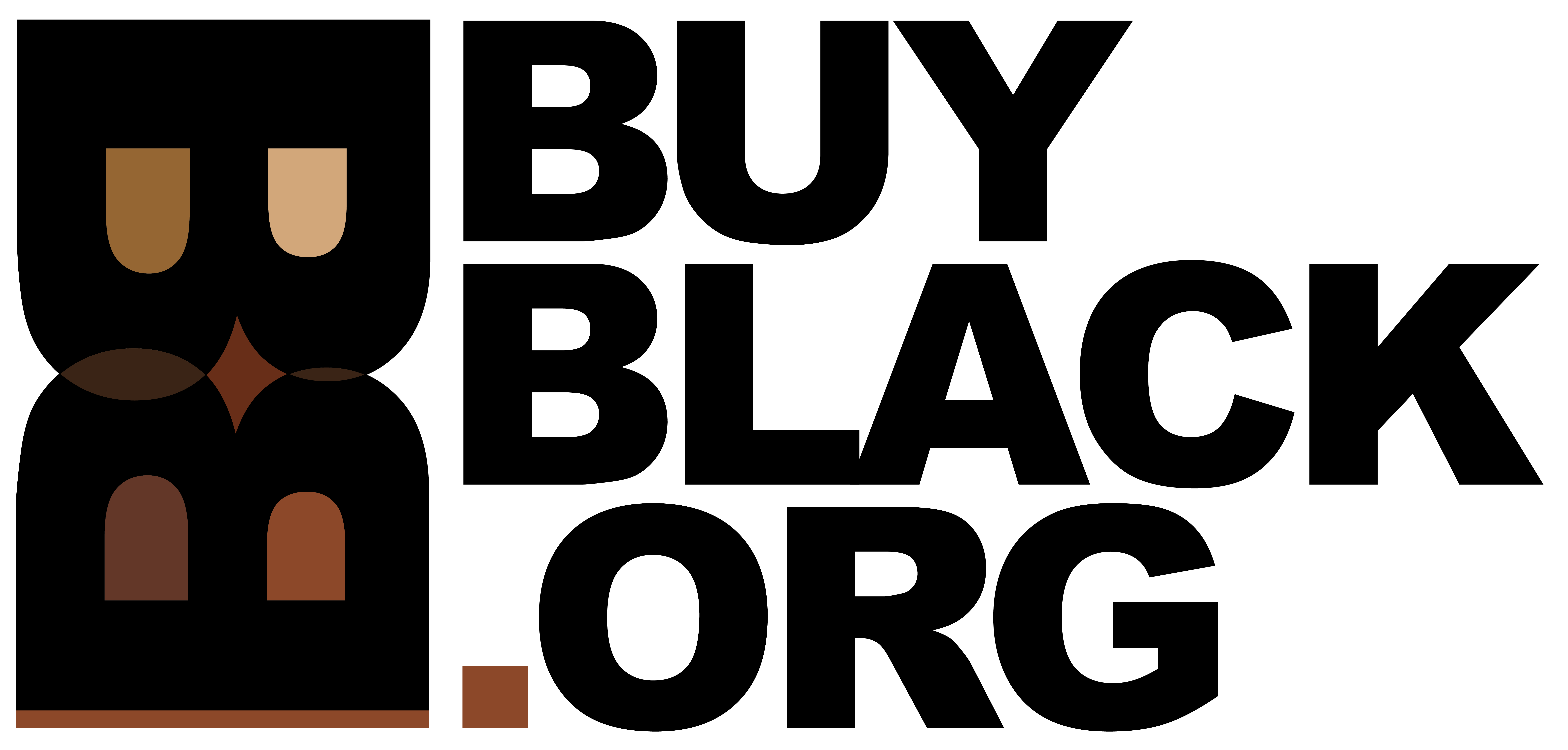Target's Rollback Of DEI Initiatives: Boycott, Traffic Drop, And The Fallout

Table of Contents
The Target Boycott: Understanding the Public Backlash
The controversy surrounding Target's DEI initiatives didn't erupt overnight. It was a culmination of various factors, leading to a significant public backlash and a subsequent boycott.
The Triggering Event:
The primary catalyst for the boycott was Target's collaboration with LGBTQ+ designers and its subsequent product lines featuring LGBTQ+-themed merchandise, particularly children's clothing. These products, including clothing featuring designs from the designer, [insert designer's name here], became the focal point of the outrage. [Insert link to relevant news article 1]. [Insert link to relevant news article 2].
- Public Reactions: Social media platforms erupted with a mix of outrage and support. #BoycottTarget trended heavily, alongside counter-movements expressing solidarity with LGBTQ+ inclusivity. News coverage highlighted the polarized reactions, with some outlets emphasizing the economic impact of the boycott, while others focused on the broader cultural implications.
- Groups Leading the Boycott: The boycott was largely driven by conservative groups and individuals who expressed concerns about the appropriateness of LGBTQ+ themed merchandise for children, often framing it as a form of "grooming." Other groups cited concerns about Target's overall DEI strategy and its perceived prioritization of one demographic over others.
The Role of Misinformation and Political Polarization:
The controversy was amplified by the spread of misinformation and the highly polarized political climate.
- False Narratives: False narratives and exaggerated claims circulated online, portraying Target's actions as far more radical and harmful than they actually were. Some claims falsely suggested that the merchandise promoted inappropriate sexual content for children.
- Political Ideologies: Political ideologies played a significant role in shaping public perception. The boycott was largely fueled by those with conservative viewpoints, while those with more liberal viewpoints tended to support Target's stance on inclusivity. This created a stark divide in public opinion, making it challenging to find common ground.
Measurable Impact: Traffic Drop and Financial Performance
The Target boycott had a tangible impact on the company's performance, resulting in measurable drops in traffic and sales.
Quantifying the Boycott's Effect:
While Target hasn't publicly released specific figures directly attributable to the boycott, numerous reports indicate a significant decrease in store traffic and online sales. [Insert link to financial report or market analysis if available]. [Insert chart or graph illustrating traffic or sales decline if available].
- Comparison to Previous Periods and Competitors: Comparing Target's performance during the boycott period to previous quarters reveals a noticeable downturn. While general economic conditions may play a role, the timing coincides strongly with the onset of the controversy, suggesting a significant correlation. Analysis comparing Target's performance against its competitors during this period could further clarify the impact of the boycott.
- Long-Term Potential Impact: The long-term effects on Target's financial stability remain uncertain. While the company is a major retailer with significant resources, sustained negative consumer sentiment could lead to decreased market share and reduced profitability.
Consumer Behavior Shifts:
The controversy resulted in significant shifts in consumer behavior.
- Brand Loyalty: Some consumers expressed decreased brand loyalty to Target, shifting their shopping habits to competitors. This is particularly notable amongst consumers who participated in the boycott.
- Brand Image and Reputation: Target’s brand image and reputation have undoubtedly been affected by the controversy. The company faced significant negative publicity, damaging its standing among some consumers. Repairing this damage will likely require considerable effort and strategic communication.
Long-Term Implications for Corporate Social Responsibility (CSR)
Target's experience highlights the complex challenges companies face in balancing DEI initiatives with profitability and public opinion.
The Balancing Act: DEI and Profitability:
Companies must carefully navigate the delicate balance between promoting DEI and maintaining profitability. The Target boycott serves as a cautionary tale, demonstrating that even well-intentioned initiatives can backfire if not carefully executed.
- Best Practices: Successful implementation of inclusive policies requires thorough market research, careful consideration of potential backlash, and clear communication with stakeholders. Companies need to proactively address potential concerns and actively engage with diverse consumer groups.
- Learning from Other Companies: Analyzing how other companies have managed similar situations can provide valuable lessons. Companies that have successfully navigated similar controversies typically emphasized transparency, engagement, and a clear articulation of their values.
The Future of DEI in Corporate America:
The Target boycott likely has long-term consequences for other companies' DEI strategies.
- Increased Caution: Companies might exercise increased caution in their public displays of support for DEI initiatives, potentially leading to less overt or high-profile campaigns.
- Increased Scrutiny: Corporate social responsibility initiatives will likely face increased scrutiny. Companies need to be prepared to justify their DEI investments and demonstrate a tangible positive impact.
Conclusion
Target's rollback of its DEI initiatives and the subsequent boycott highlight the complex relationship between corporate social responsibility, consumer behavior, and profitability. The controversy resulted in a measurable drop in traffic and sales, underscoring the risks associated with highly visible DEI strategies. The long-term implications for both Target and other corporations underscore the need for careful planning, transparent communication, and a nuanced understanding of the diverse consumer landscape. What are your thoughts on Target's handling of the situation? How can companies better balance DEI with profitability? Share your opinions on the future of DEI in the business world, and how Target's experience might shape future corporate strategies regarding DEI initiatives and corporate social responsibility.

Featured Posts
-
 Navigating The Dragons Den Preparing Your Pitch
May 01, 2025
Navigating The Dragons Den Preparing Your Pitch
May 01, 2025 -
 Il 22 Settembre Inizia L Appello Nel Processo Becciu
May 01, 2025
Il 22 Settembre Inizia L Appello Nel Processo Becciu
May 01, 2025 -
 Celtics Mettle Tested During Star Studded Homestand
May 01, 2025
Celtics Mettle Tested During Star Studded Homestand
May 01, 2025 -
 Vaticano Rinvio Processo 8xmille Per Il Fratello Di Angelo Becciu
May 01, 2025
Vaticano Rinvio Processo 8xmille Per Il Fratello Di Angelo Becciu
May 01, 2025 -
 Nfl Player Robberies Chilean Migrant Network Under Investigation
May 01, 2025
Nfl Player Robberies Chilean Migrant Network Under Investigation
May 01, 2025
